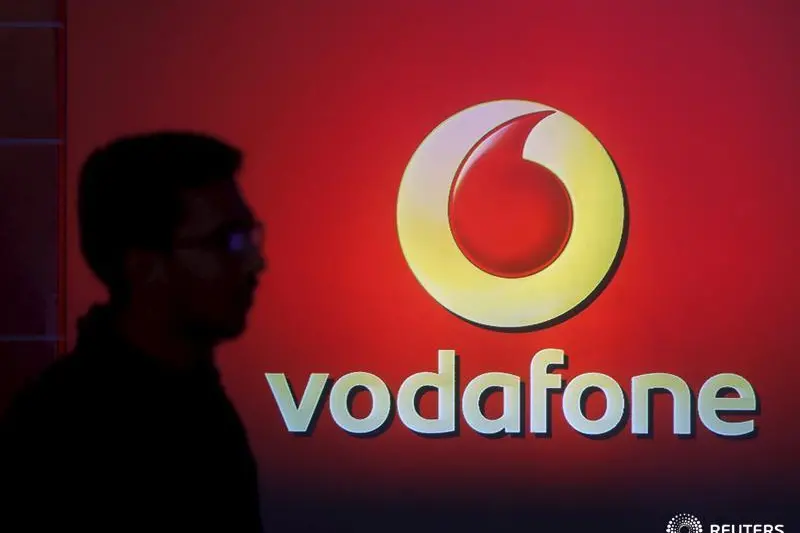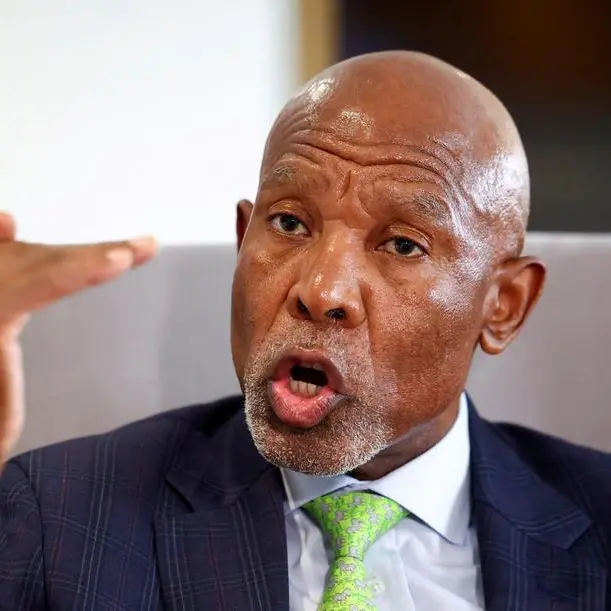PHOTO
(The author is a Reuters Breakingviews columnist. The opinions expressed are her own.)
MUMBAI - India can turn its defeat against Vodafone to its advantage. If Prime Minister Narendra Modi’s government accepts Friday’s unanimous international arbitration ruling in favour of the British telecom operator, it can start to make good on its six-year-old pledge to end “tax terrorism” and recast itself as a better destination for global capital – and perhaps even woo some away from China.
The fight with the London-listed company has embarrassed the country’s bureaucracy. In 2012, India’s top court dismissed the government’s attempt to tax Vodafone’s 2007 takeover of the Indian mobile assets of Hong Kong’s Hutchison Telecommunications International. But New Delhi changed the law to target transactions retrospectively, ultimately claiming $3.8 billion including tax, interest and penalties. It even tried to tax the seller too.
Ideally Vodafone’s victory will clear Modi’s Bharatiya Janata Party to draw a line under a debacle it inherited from the prior government when it took power in 2014. It has allowed old legacy cases like Vodafone’s to run their full legal course. The administration has also preserved the controversial underlying legislation allowing for retroactive taxation, and new cases have emerged, so there’s reason to doubt the government’s intentions.
Any attempt to keep enforcing this demand would seriously undermine Modi’s reform credibility. The official reaction will also set the tone for other higher-stakes disputes. Cairn Energy, for example, made one of India’s biggest oil discoveries in decades in 2004. But its exit was disrupted in 2015 after it was slapped with a tax bill for a years-old corporate reorganisation. Its shares in Vedanta India were frozen and sold off by authorities. Cairn wants $1.4 billion in compensation; a ruling is due in the coming weeks.
Cash-strapped politicians would be better off accepting these rulings and focusing on the bigger picture. Foreign investment plunged year-on-year between April and June. Modi is trying to pitch India as a reliable destination for multi-national companies considering rejigging their global supply chains in the light of the pandemic. But the complaints of Vodafone, Cairn and even Toyota Motor’s India partner, who earlier this month publicly slammed the broader tax regime, are discouraging to their peers. It’s time for India to walk the talk.
CONTEXT NEWS
- British telecom operator Vodafone on Sept. 25 said that it had won an international arbitration case against the Indian government.
- India had demanded Vodafone pay 279 billion rupees ($3.79 billion), a source told Reuters, a sum which included tax, plus interest and penalties. The case relates to Vodafone’s 2007 takeover of the Indian mobile arm of Hong Kong’s Hutchison Telecommunications International.
- India’s top court ruled in favour of the telecom provider in 2012, but the government subsequently changed the law to allow itself to retrospectively tax acquisitions, which Vodafone contested.
- The tribunal at The Hague, in its ruling, directed India to pay 4.3 million pounds to the company as compensation for its legal costs, Reuters reported citing a source.
- The tribunal held that any attempt by India to enforce the earlier tax demand would be a violation of the country’s international law obligations, Vodafone added, noting that the decision was unanimous.
- India’s finance ministry said it would study the award before taking a decision on any further course of action.
(The author is a Reuters Breakingviews columnist. The opinions expressed are her own.)
(Editing by Pete Sweeney and Katrina Hamlin) ((una.galani@thomsonreuters.com; Reuters Messaging: una.galani.thomsonreuters.com@reuters.net))





















